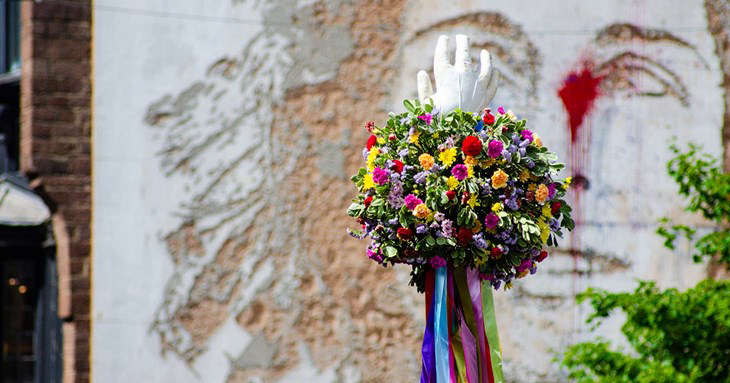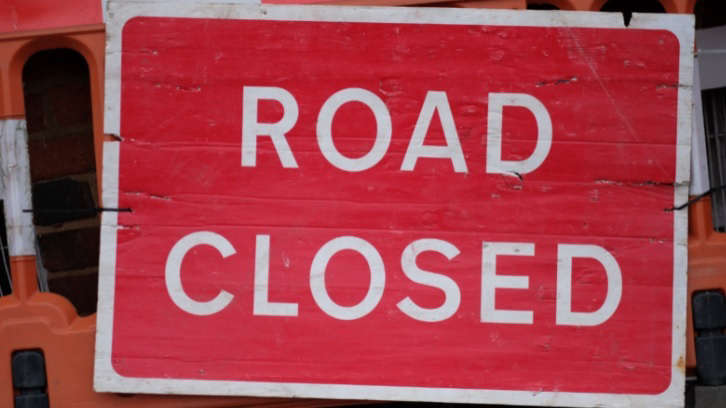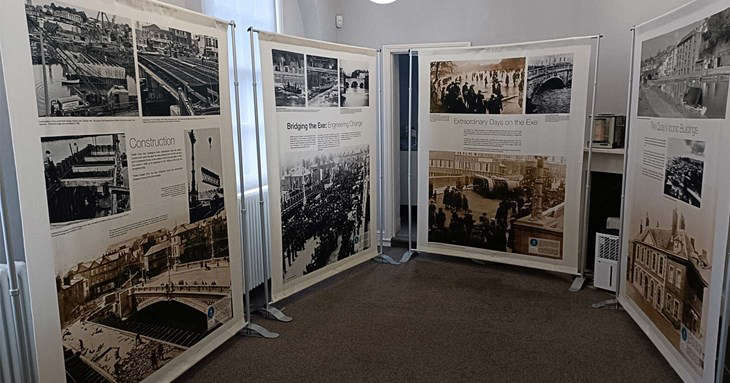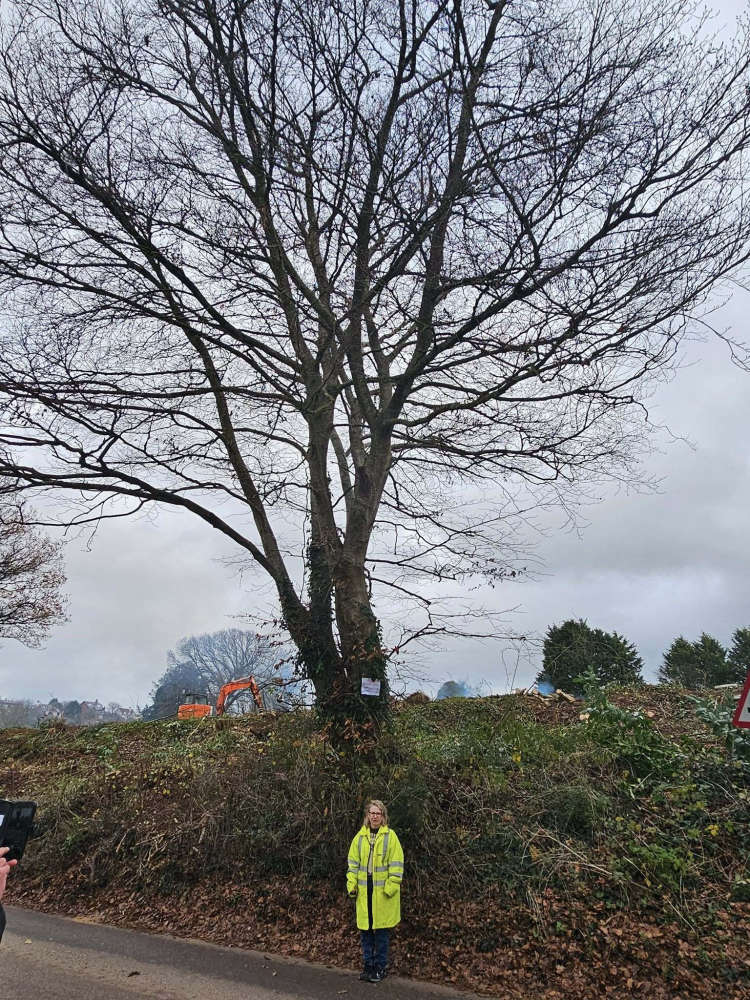
Exeter’s Big White Glove returns on Thursday, 3 July, hoisted above the High Street to mark the Lammas Fair. The quirky tradition, held before the Exeter Craft Festival, was online last year due to the General Election but now returns in full.
Exeter’s Big White Glove is set to return to the city on Thursday (3 July) and be hoisted above the High Street.
The age-old tradition of the Lammas Fair returns to Exeter after it was forced online last year due to a clash with the General Election.
The wonderfully quirky tradition of parading a big white glove through the city centre streets happens on the same Thursday in early July, ahead of the Exeter Craft Festival on Cathedral Green.
The White Glove, which has recently been restored, will set off from Southernhay at 11am on Thursday. The procession passes through Princesshay and into the High Street before arriving at Exeter’s historic Guildhall for the Proclamation ceremony at 11.15am, after which the glove will be hoisted high above the city.
The Lord Mayor, Cllr Anne Jobson, will open the Exeter Craft Fair on Cathedral Green at 11.30am.
The annual ceremony of the Proclamation of Lammas Fair dates back to before the Norman Conquest, more than 900 years ago.
The word Lammas derives from the Anglo-Saxon Hlafmaesse or Loaf Mass. Lammas Day, the festival of St Peter ad Vincula, was when the first fruits of the harvest were offered to the Church in the form of a loaf.
The franchise of a fair was a very valuable possession, giving exclusive rights to tolls on all articles sold. The fair generally lasted for three days.
The Lammas Fair White Glove was displayed during the Fair and was a sign of royal protection of the peace. The large leather, stuffed glove was attached to a long pole and decorated with ribbons and a garland of flowers. Prior to the hoisting of the Glove, a Proclamation was made to declare the Fair open. The Proclamation was issued during the reign of Edward III, in 1330.
A court known as the "Pie Powder Court" was appointed for every fair to deal with any complaint or other matter arising within the Fair.
Many towns in England still retain their ancient fairs, but in most places the reading of the Proclamation and the hoisting of the Glove have been abandoned. Some of the fairs have survived chiefly as pleasure fairs, but most of them are purely agricultural.
During the 1860s, the last stalls disappeared from Exeter, but the city was keen to uphold its ancient customs and has continued to proclaim the Fair and hoist the Glove, as it has done for nine centuries.

 Cliff fall at Beer Beach
Cliff fall at Beer Beach
 Geologists called to survey Exeter landslip
Geologists called to survey Exeter landslip
 Fascinating 20th Century Exeter photos go on display
Fascinating 20th Century Exeter photos go on display
 East Devon creatives and culture organisations to receive new funding.
East Devon creatives and culture organisations to receive new funding.
 Exeter collaboration scoops major award for safer stroke care
Exeter collaboration scoops major award for safer stroke care
 Second Christmas Day swimmer identified
Second Christmas Day swimmer identified
 Plan for 63 homes lands on controversial ‘hedge destruction’ site
Plan for 63 homes lands on controversial ‘hedge destruction’ site
 Have Your Say on Cranbrook’s New Leisure & Wellbeing Centre
Have Your Say on Cranbrook’s New Leisure & Wellbeing Centre











